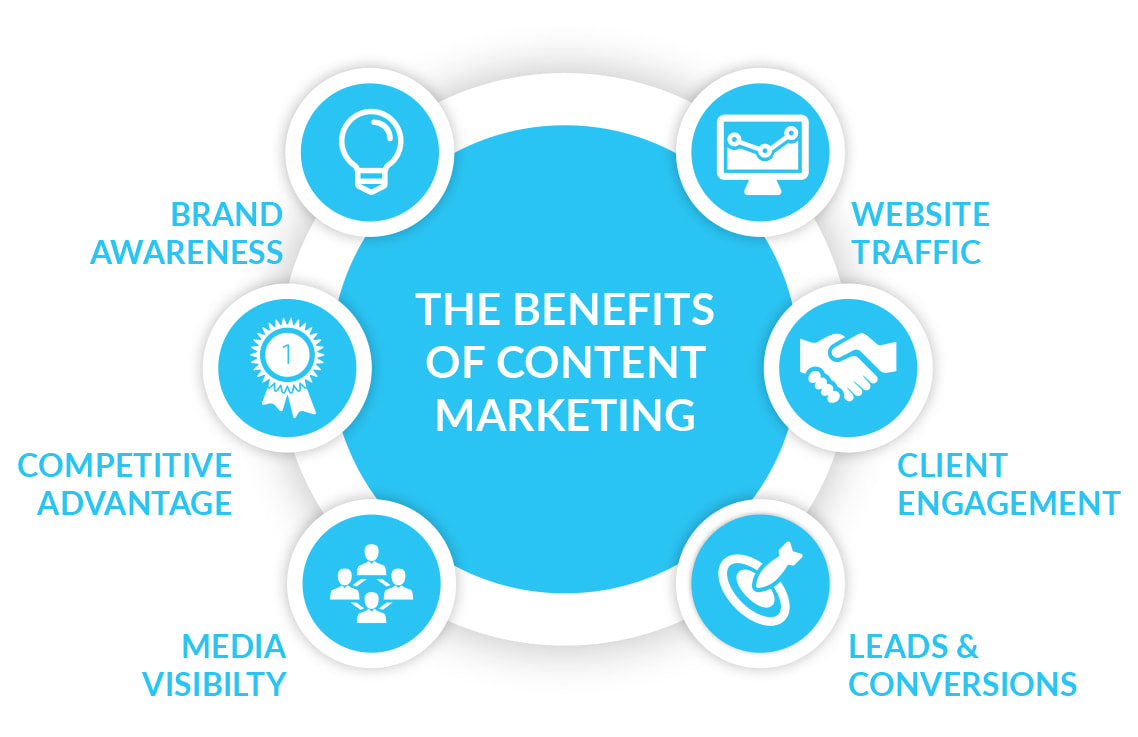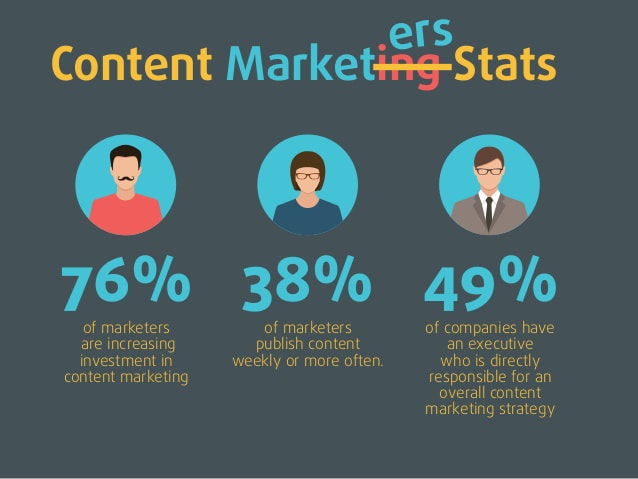 Content marketing has become a core business activity. For small businesses, sharing useful content online offers a powerful way to engage with customers - via blogs, case studies and email newsletters. At the same time, social media is helping new types of content to fly - as videos, infographics and more are all shared on the likes of Twitter, LinkedIn, Pinterest and Facebook. What can content marketing do for me? Relevant, interesting and valuable content allows businesses to build relationships. By sharing useful information that solves your customers' problems, you can improve your customer service and inspire loyalty and trust. By providing evidence that you can meet your promises - such as case studies and testimonials - you can also convince prospects to become customers without having to resort to a hard sell. Today, everyone expects to find the answers to their questions on your website. The right content can demonstrate your expertise, show you understand your customers and their needs, and position you as a leader in your field. Marketing content works incredibly hard for businesses. It can show your brand values and prove that you're up to date in your field. What’s more, it can attract more website visitors, improve your search rankings and widen your reach. Web copy that works
To make the most of your web presence, you need to ensure the content is fresh, relevant and accurate. If you want to attract new customers as well as keeping your old clients, your website needs to send out the right message. From product information and news to client testimonials and blogs, you need to think through carefully what content to include and how to write and present it online. The number one rule is to meet your customers' needs. Website copy is the meat of all business websites, but you've got to tell people what you can do for them rather than simply how great you are. It's no good having rambling mission statements or visions of the future - make sure your copy really helps the visitor. You should be addressing your customers and their needs rather than talking about yourself. It's less about the "I" and "we", and more about "you". Anticipate online customer questions Start by considering all of the questions people might have about your business and writing down the answers in straightforward language. Put yourself in your customers' shoes. They'll be thinking 'Is this company reputable? Who else have they worked with? What is the standard of their work like? Will I get value for money?' Answer their questions and you're more likely to convert a visit into a sale. Don't forget the information that guides people through registration, sign-ups or purchases. Many websites suffer drop-outs at this point simply through a lack of clear information or over-complicated processes. Tell people exactly what they need to do at each step, and ensure your online forms - such as registration or order forms - are simple and require the minimum amount of information. Organise your website information When it comes to structuring your content, bear in mind that people tend to scan websites rather than read them, so break up chunks of text with headings, subheadings and lists. Repeat key information on each page because customers can land anywhere on your site, make sure that each page can stand alone. To keep things fresh, update your site regularly, particularly date-sensitive blogs and news announcements, but think carefully about removing old copy. You can do some tweaking if the information is out of date, but once the page is in a search engine index, you could lose your ranking if you fiddle too much.
0 Comments
Leave a Reply. |
AuthorLisa Hunter is an experienced Marketing, Events and Project Manager. She has over 10 years’ experience working in the IT and marketing industry, delivering strategic marketing support and managing creative projects for a wide-range of clients. In this blog she shares her knowledge and experiences…we hope you enjoy it. Archives
June 2019
Categories
All
|

 RSS Feed
RSS Feed